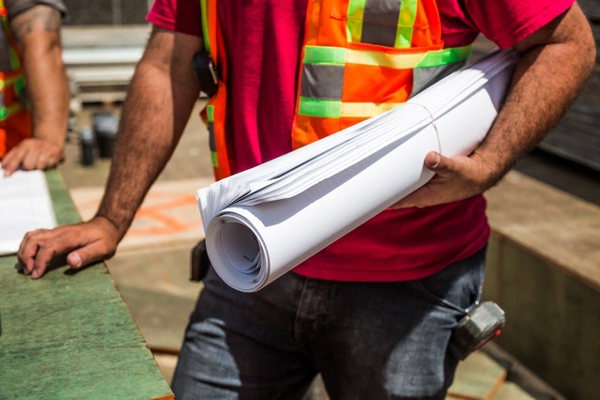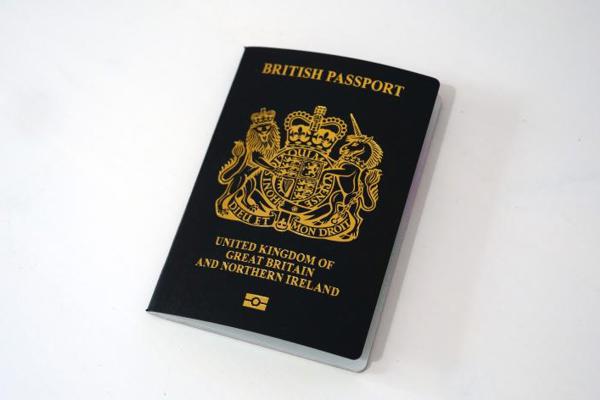Roles such as mechanical engineers and those involving specialist IT skills are in high demand, and businesses have had to look outside the UK to find talented candidates for these jobs and others.
The result of the increase in workers coming from outside the UK has been that net migration has risen to its highest ever level, and the Government is keen to reduce this moving forward. As a result, the Home Secretary has announced changes, which will come into force in Spring 2024, that aim to reduce the use of the Skilled Worker visa. These changes include:
- Increasing the minimum salary level for a Skilled Worker visa from £26,200 to £38,700. In some occupations the salary requirement will be even higher as the threshold is based on whichever is higher, the £38,700 figure or the going rate for a particular job.
- Removing the option to pay up to 20% less in salary where a role is considered a "shortage occupation".
- Reviewing the number of recognised shortages occupations which benefit from lower visa fees.
- The previously announced increase in the Immigration Health Surcharge, which many businesses pay on behalf of employees due to the competitive recruitment market.
In our experience the salary related changes will be the most significant for businesses within the space sector. While some senior roles will continue to qualify for Skilled Worker visas, we have seen businesses use this route to recruit workers in occupations where the going rate is below the new £38,700 threshold.
For example, in the role of a mechanical engineer which covers jobs such as aerospace engineers, the going rate (according to the Office of National Statistics) is £33,000. If businesses want to continue to recruit from abroad, they will need to pay an additional salary of £4,800 per year in order to do so. We have also seen businesses in the sector using the Skilled Worker visas to recruit IT roles, where the going rate is £32,100, so an increase of £6,700 would be needed.
At the moment, there are still a number of questions which need to be answered by the Home Office, including:
- When exactly the changes will come into force? "Spring" in Immigration law often refers to 6th April, when historically major changes have been made to the immigration rules, but this is not guaranteed.
- Will the new salary thresholds apply to those with existing Skilled Worker visas? The Home Secretary was asked about this in Parliament and said no existing visa holders would be disadvantaged, but we will need to wait for the exact details of the changes to be published to see how this is achieved.
- Will the lower salary threshold which currently exists for "new entrants" to the workforce continue to apply? This applies to workers under the age of 26, those with Student visas and those with Postgraduate visas. Currently they can be paid 70% of the going rate for a role or £20,960 whichever is higher.
While these questions remain unanswered, there are steps businesses can take now to protect their workforce and their ability to recruit in future. These include:
- If a business already has a sponsor licence and sponsors Skilled Workers, it is important to speak with staff and make sure they know the business is monitoring the situation. There are a number of rumours and misconceptions about the changes, for example we have seen reports that the restriction on dependants will apply to all visa holders, but this only applies to health and social care workers. We saw cases of people leaving the UK due to the uncertainty about their status after Brexit and speaking to employees now can help reassure them and avoid resignations.
- If a business has recruitment plans for 2024, consider accelerating these. If someone is sponsored before Spring 2024, they will be judged against the current thresholds and not the proposed £38,700 requirement.
- If a business is considering obtaining a sponsor licence to use in future, accelerate those plans in order to bring people to the UK before the salary threshold increases.
- Discuss if a business will be able to pay the increased salaries in future. This is not always simple since there may be British workers carrying out similar roles and an organisation will want to avoid differences in salary due to nationality and visa status (which can lead to discrimination claims).
- Make sure recruitment teams are aware of the upcoming changes.
Taking steps now can help mitigate some of the changes announced by the Home Secretary, and businesses which prepare for them now are likely to be in a better position to respond once the changes come into force.
Our expert immigration team can assist businesses looking to apply for sponsor licences to bring workers to the UK, businesses with licences trying to accelerate visa applications and businesses looking to provide information to existing workers.


